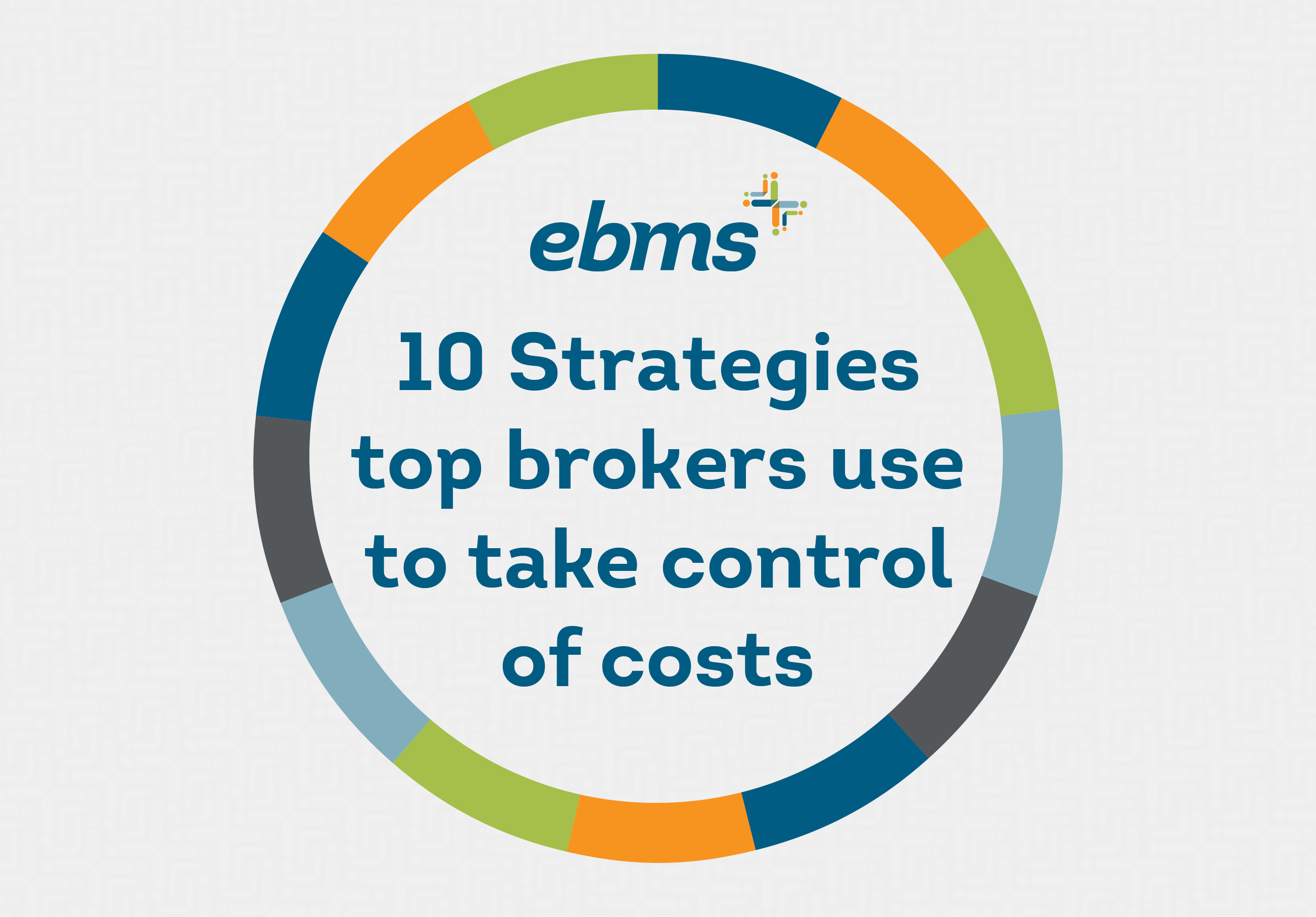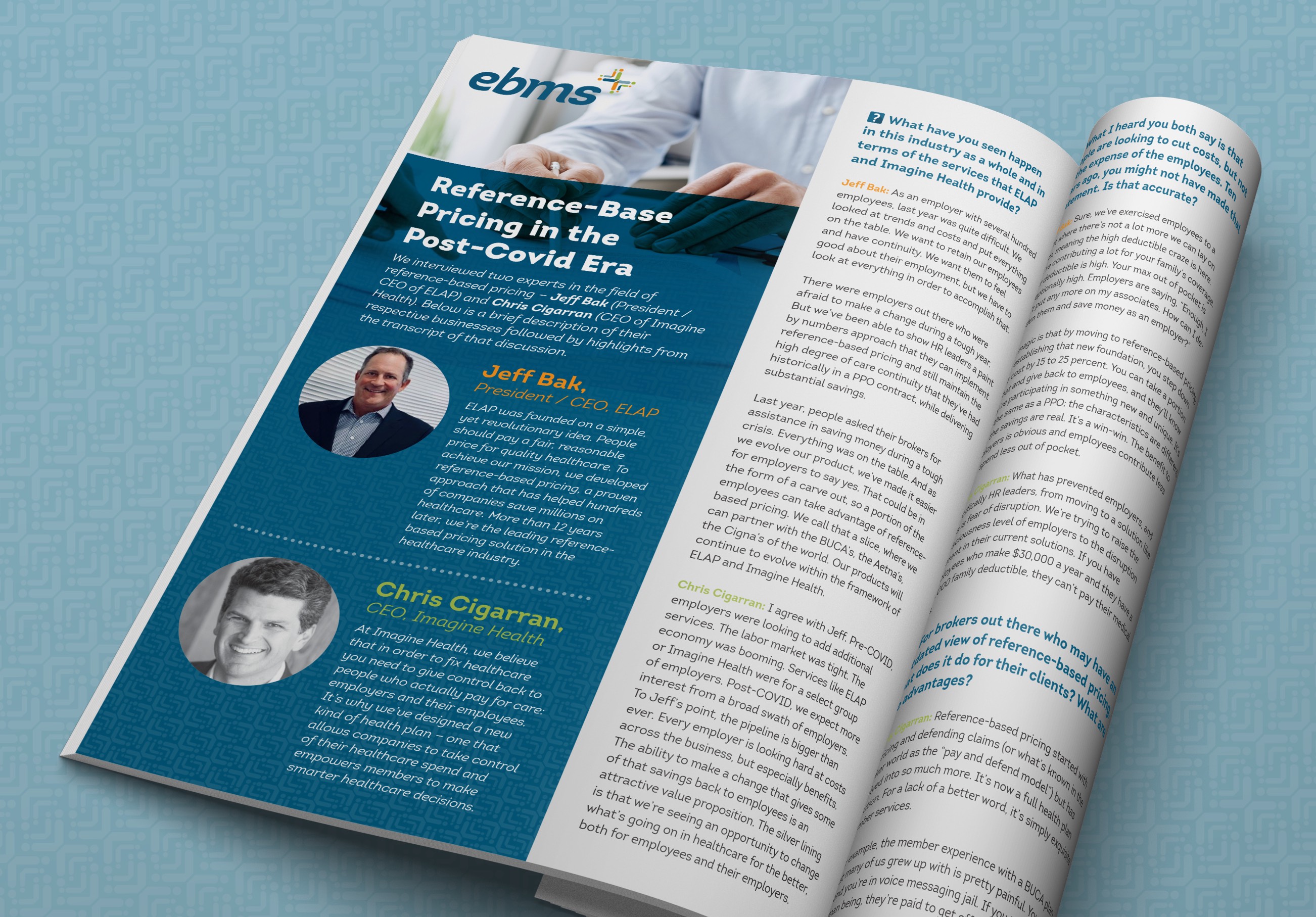Reference-based pricing is your friend – here’s why you should not believe the naysayers
December 18th, 2019

By James Vertino, Chief Executive Officer
There’s a myth circulating out there and I’m going to bust it. It goes like this: Reference-based pricing (RBP) is not a useful cost-saving strategy, because it creates heavy financial and emotional burdens for plan members, when they inevitably receive balance bills and collection notices.
Let me lay out the facts:
- With RBP, plan members benefit from lower out-of-pocket costs and open access to providers, in the absence of a narrow network.
- RBP can effectively manage costs for medical procedures with a wide price variance, such as diagnostic imaging and orthopedic surgeries.
- Because RBP payments are a multiple of the Medicare rate (rather than a discount on the hospital chargemaster cost), RBP is a rational, fair, and transparent payment strategy.
To be clear, there is always a chance that balance billing will occur with RBP.
However, balance billing is a fairly common occurrence in all health plans. It happens frequently when a member makes an out-of-network claim in a traditional PPO. Every day, insured consumers are surprised by the arrival of a medical bill they did not expect.
The issue of balance billing is not limited to reference-based pricing. Nor is it insurmountable, when plan design includes a strong member-advocacy program to help consumers navigate any billing issues that arise. The member advocacy team should be made up of highly trained, patient-centric individuals who can go above and beyond traditional customer service.
I’m here to tell you that an effective, well managed RBP strategy can be quite consumer friendly. Well-managed RBP programs increase transparency. They provide members with the information they need to compare providers on cost and quality benchmarks. RBP can also put pressure on the costliest providers to bring their prices more in line with fair market rates.
Have you thought about reference-based pricing? Maybe it’s time.




